On their latest album, the Atlanta duo paints a more intimate portrait of their city but struggles to personalize their homages. They hit their stride when they speak directly to the people.
EarthGang dedicated Mirrorland, their major label debut, to the many sounds of Atlanta. Staging their hometown’s rich musical heritage as a wacky carnival, Olu and WowGr8 melded Battle of the Bands drumlines and Dungeon Family funk, trap bounce and Sunday service call-and-response. That tentpole approach sometimes obscured the two people running the circus, but it allowed EarthGang to both showcase their many influences and present greater Atlanta—a sprawling metropolis often portrayed as unwieldy and fractured—as a unified whole. That commitment to capturing every aspect of their homeland continues on follow-up GHETTO GODS, a portrait of Atlanta that centers the city’s inhabitants. But even within this more intimate framework, EarthGang still struggle to personalize their homages to their beloved home.
The lack of live shows at the beginning of the pandemic helped recalibrate EarthGang’s relationship to the city. They used to think of touring and repping Atlanta as the best way to support it. “But really, being back home gave us a chance to actually be there, answering the phone calls, pulling up on people, checking up on our little cousins,” Olu said in an interview last year. That heightened sense of presence guides EarthGang as they navigate a plague-stricken Atlanta. Amid the ambient desperation and uncertainty, they find a new appreciation for the quiet comforts of kin and community.
Much of GHETTO GODS spotlights EarthGang’s relatives, friends, and peers, casting them as overlooked gods. The title track pairs triumphant horns with deferential references to Olu’s mother and WowGr8’s grandfather. On “Lie to Me,” a psychedelic synth loop wafts as adrift influencers and ballers distort their means. “American Horror Story” probes the lingering impact of the Middle Passage on Black families. EarthGang’s cursory storytelling tends to make these individuals feel more like census data points than deities—especially the women, who tend to be sex objects, generic muses (“Black Pearls”), or transient voices peripheral to the music (“Jeans Interlude,” “Neezy’s Walk”). But everyone belongs.
When EarthGang speak directly to the people they aim to honor, they hit their stride. “Strong Friends” offers refuge to stalwarts who rarely get a chance to be vulnerable. “Check in on your strong friends/How you been, my nigga?/I’m here if you feel like talkin’,” WowGr8 croons over a bluesy beat, the sentiment simple yet pointed. “Eyes On Me” is just as casual, venting frustrations about rap money failing to uplift distressed friends and relatives. The spare and airy beat, reminiscent of DJ Ayo’s moody work on Polo G’s Die a Legend, gives EarthGang ample room to clear their heads and find their words.
The rapping on GHETTO GODS features less filler and empty showmanship than EarthGang’s past releases, but their writing remains anonymous. Their lyrics rarely feel as expressive as their modular flows, which swerve into breezy melodies or bouncy triplets with ease. Nor do they outwardly compete with each other. Their verses tend to be almost symmetrical in terms of length and emphasis. The two are familiar enough with songwriting best practices that their music structurally works, but as every guest rapper (except a rambling CeeLo) upstages them, it’s hard to overlook how little happens in Olu and WowGr8’s verses. Even when they rap with purpose, they fail to offer distinctive turns of phrase or convey a unique perspective, which is ironic considering their constant promotion of Atlanta as the city of a million misfits. Their love for their home is palpable, but there’s a difference between flying a flag and weaving one.

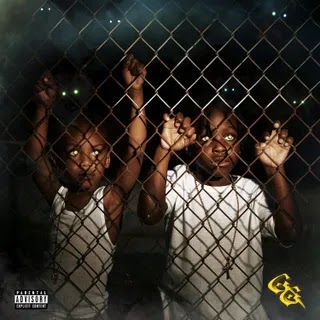








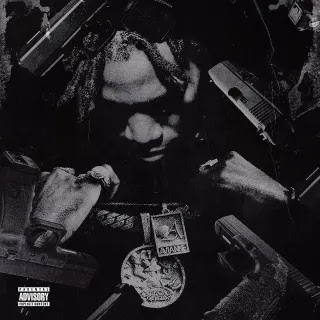
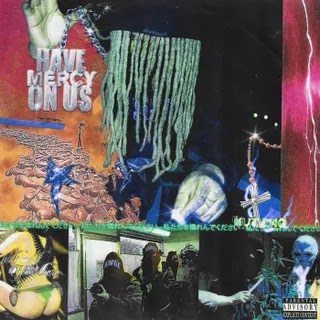
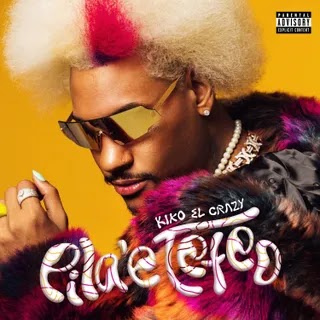
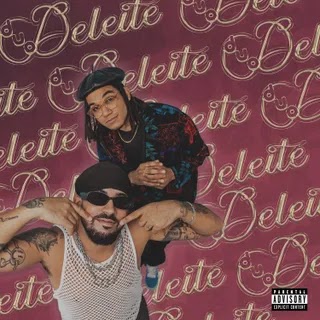
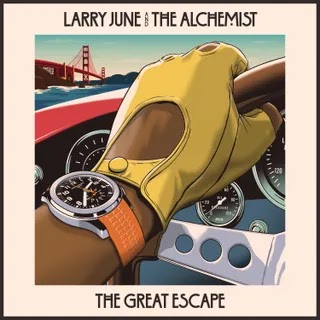

0 comments:
Post a Comment